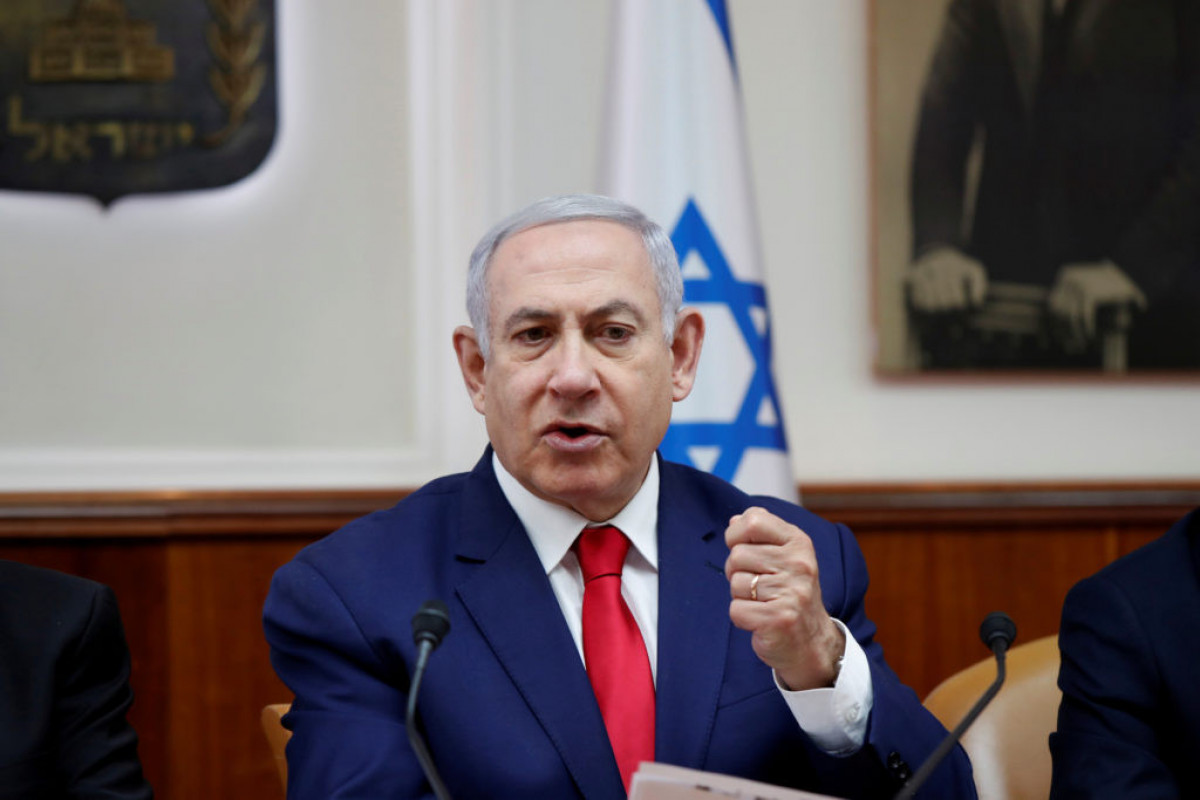Israel’s Prime Min ister Benjamin Netanyahu said his country “will not stop” its military onslaught against Hezbollah in Lebanon, ignoring growing international pressure for a truce. The U.S., France, and other vital allies have called for a three-week ceasefire to stave off the further escalation of the conflict that is now threatening to engulf Lebanon.
Lebanese Foreign Minister Abdallah Bouhabib said, addressing the United Nations General Assembly, that he repeated the international calls. Describing the situation in Lebanon as a crisis that “threatens its very existence,” he welcomed the US-French ceasefire initiative. He says saving innocent lives is a matter of diplomacy, and peace would only be realized through a two-state solution.
Read Also:Israel Expands Airstrikes in Lebanon Amid Intensifying Conflict with Hezbollah
Israel continued its aerial attacks on Lebanon unabated. On Thursday, 92 were killed, including Hezbollah’s drone force leader, Mohammad Surur, as Hezbollah fired over 150 rockets into northern Israel. Netanyahu, who was in New York ahead of his speech at the UN General Assembly, said that Israel had no intention of backing off until it got its military objectives, part of which is the safe return of over 60,000 Israelis displaced by Hezbollah attacks since October last year.
The office of Israeli Prime Minister Benjamin Netanyahu condemned the proposed ceasefire, claiming it is “an American-French proposal that the prime minister has not even responded to.” The Israeli military operates with its objectives, including dismantling Hezbollah’s infrastructure and destroying Hezbollah forces. “The military has many more missions, including neutralizing Hezbollah’s offensive capability,” Defense Minister Yoav Gallant said.
The Biden administration, joined by the French, should look forward to convincing Netanyahu to accept the ceasefire proposition because it may offer the leeway for diplomacy and maybe rekindle negotiations for the freedom of Israeli hostages being held by Hamas. However, Netanyahu’s rejection aims at continued reluctance to stop military actions no matter what global appeals are lodged against it.
Western diplomats attending the UN General Assembly expressed skepticism that Netanyahu would accept the ceasefire. He said he walked a tightrope between keeping US support on board and dealing with the more complex elements within his government. France’s President Emmanuel Macron suggested that turning down the ceasefire might make Lebanon “another Gaza.”
Meanwhile, the civilian toll from the conflict continues to rise. At least 11 people were killed Thursday in an Israeli airstrike on a school used as a shelter by displaced Palestinians in Gaza – women and children among them. The military confirmed the strike but said it had targeted Hamas militants, who were using the school as a cover. The humanitarian crisis in Gaza remains dire as hostilities between Israel and militant groups persist unabated.















